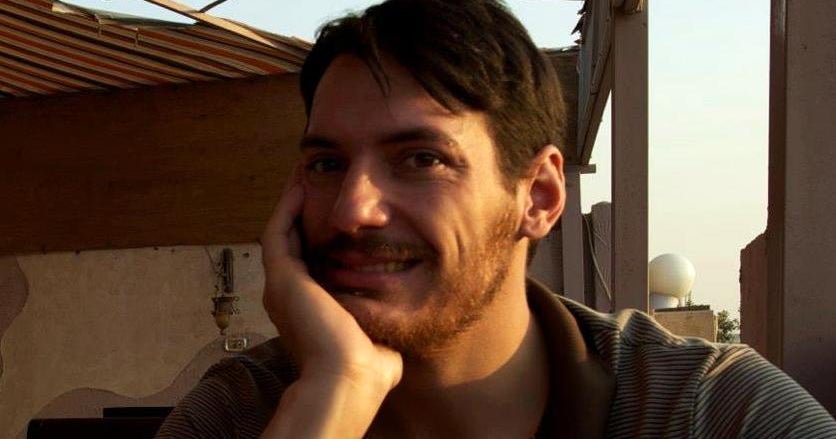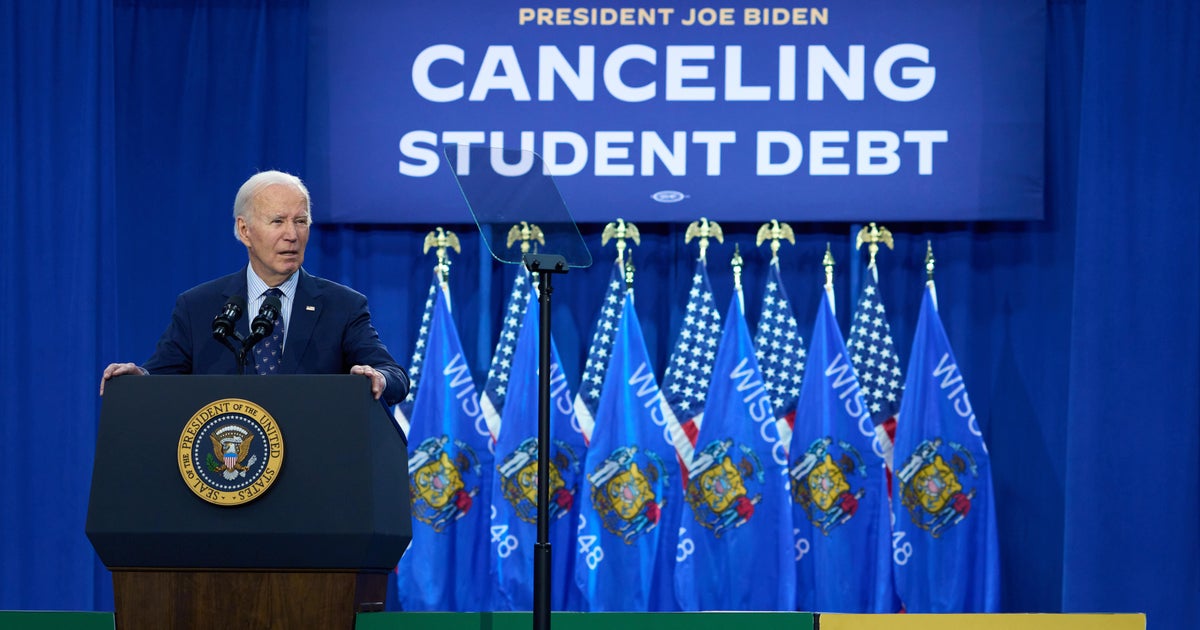Border enforcement chief says Mexico contributed to big drop in migrant arrests
Washington — President Trump's top border enforcement official on Monday touted a third consecutive monthly drop in apprehensions along the southern border, attributing the continued summer decline to "unprecedented" efforts made by the Mexican government under U.S. pressure and controversial immigration policies pushed by the administration.
During his first press briefing at the White House as acting head of Customs and Border Protection (CBP), Mark Morgan revealed that U.S. authorities apprehended or turned away more than 64,000 migrants along the U.S.-Mexico border in August — which he described as a 56% drop from the 13-year monthly high in May, when U.S. border officials made nearly 133,000 arrests.
"Why do we see in 90 days a 56% reduction?" Morgan asked, before providing an answer to his own question. "The president has made it very clear that he's going to use every tool available to him and this administration to address this unprecedented crisis."
While southwest border apprehensions of unaccompanied migrant children declined only slightly from July to August, apprehensions of members of families plummeted from more than 42,000 in July to a little over 25,000 in August.
Since the height of the months-long surge of Central American families heading north, apprehensions along the southern border also substantially decreased in July and June, when the U.S. reached an agreement with Mexico after the president threatened to impose tariffs on goods coming from Mexico unless it did more to deter migrants from Central America and other parts of the world from reaching the U.S.
Morgan lauded Mexico's decision to expand its immigration enforcement efforts and to deploy newly formed National Guard units to the country's southern border with Guatemala in light of its agreement with the U.S. in early June. This year, Mexican immigration officials have apprehended about 134,000 migrants so far, compared to 83,000 in all of last year, Morgan said.
Despite these efforts, Morgan stressed that Trump administration wants even more cooperation from regional partners like Mexico to curb influxes of migrants — which he noted could balloon again. "They are stepping up in unprecedented ways but we need them to continue to sustain that and we need them to continue to do more," he said of Mexico.
Morgan urged the Mexican government to allow the U.S. to expand the controversial Migrant Protection Protocols (MPP) program. The policy has required tens of thousands of migrants to wait in Mexico for months while their asylum cases are processed in the U.S., and the administration believes it has been effective in deterring many Central Americans who have considered making the journey north.
On Monday, Morgan echoed the administration's frequent praise for the policy, which is being challenged in court, calling it a "game changer." As of September 1, the CBP chief said his officials have placed more than 42,000 migrants in the program and returned them to Mexico.
This program has drawn scathing criticism from immigrants' advocates and even from some of the asylum officers interviewing migrants placed in the program. A CBS News series found the program often places vulnerable migrants, including families with small children and single women, in precarious situations during their prolonged stays in dangerous Mexican border cities, where the chances of finding and securing American lawyers are slim.
CBS News series on "Remain in Mexico"
- "Leave me in a cell": The desperate pleas of asylum seekers inside El Paso's immigration court
- "I fear for our lives": Asylum seekers forced to wait in Mexico face danger and desperation
- Advocates say "Remain in Mexico" policy turns migrants into a "marketable commodity"
Morgan also praised unilateral actions taken by the administration, including removal operations in the interior of the U.S. and controversial regulations to restrict asylum at the border and to allow the government to detain migrant families for indefinite periods of time.
Pointing to the "third safe country" asylum agreement the government of Guatemala consented to after Mr. Trump threaten a series of economic and travel punishments, Morgan said the administration will continue to seek multilateral deals in the region to curb migration to the U.S. The U.S. version of the controversial accord with Guatemala has not been disclosed and it still needs to be ratified by the Guatemalan legislature.
Morgan unveiled the apprehension numbers from August in advance of Mexican Foreign Minister Marcelo Ebrard's visit this week. The Mexican delegation will be meeting with U.S. officials in Washington to review the June agreement.
Soon after Morgan's press conference, Ebrard stressed that Mexico would not consent to a "safe third country" deal, which he said will not be supported by the leftist government of President Andrés Manuel López Obrador or the Mexican Senate, which would need to ratify such bilateral agreement.
"We will not accept it," he wrote on Twitter in Spanish.






